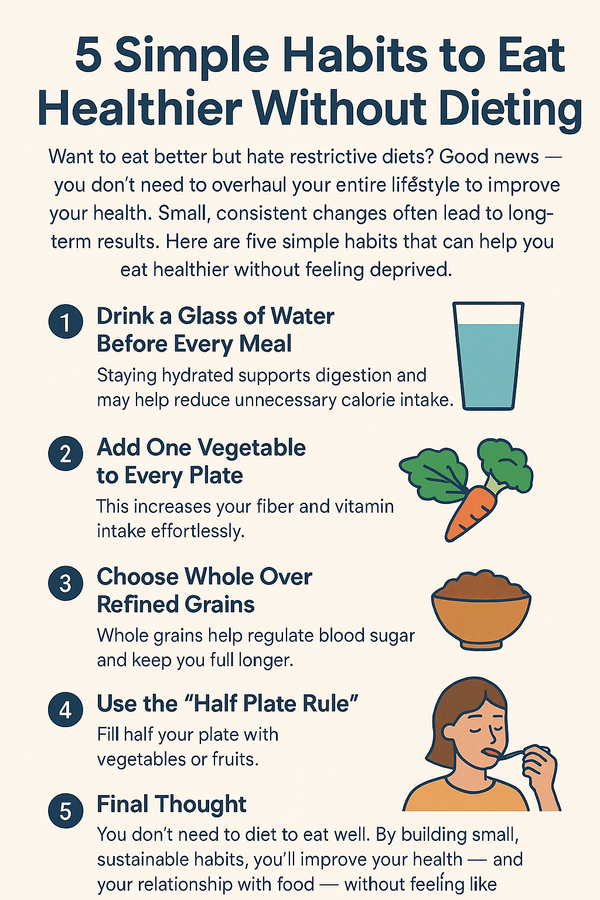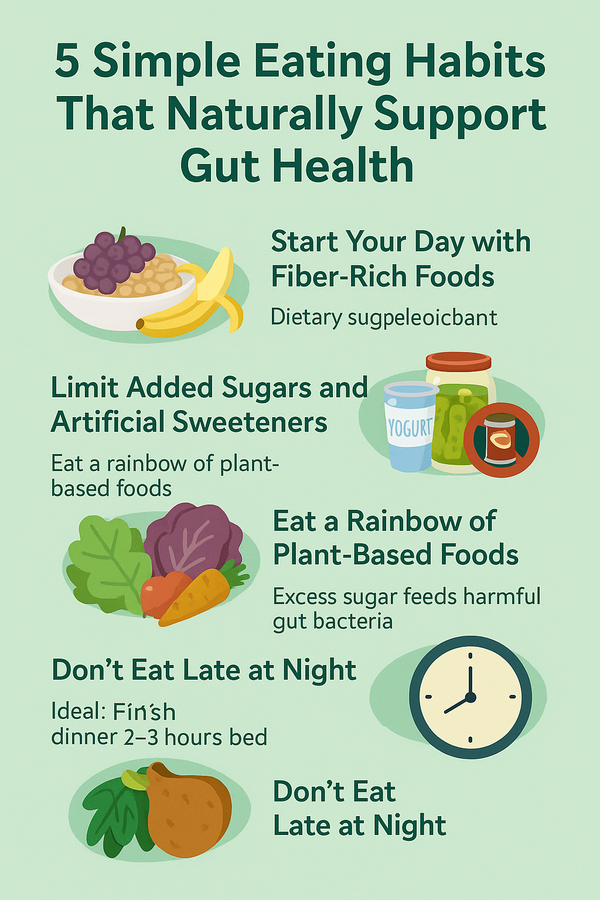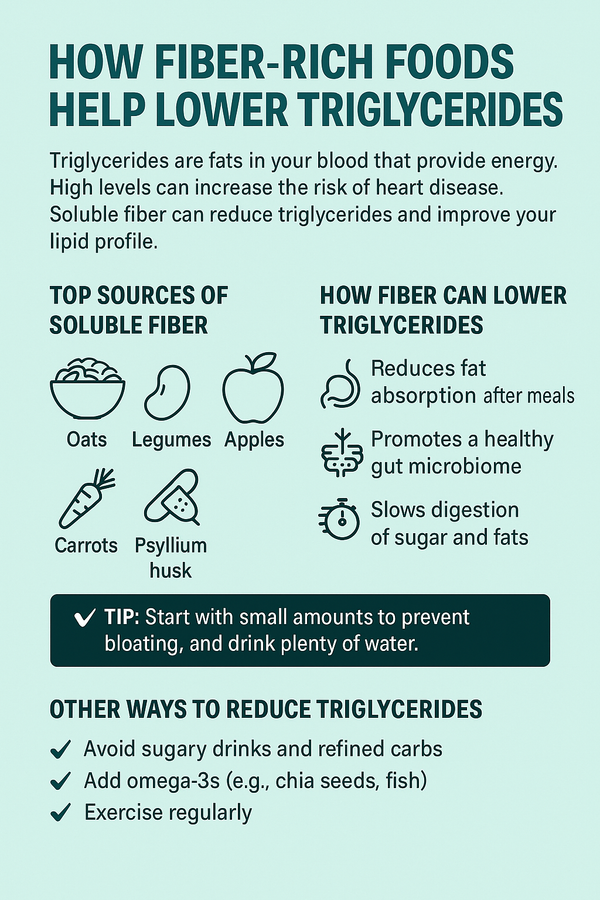How Stress and Cortisol Disrupt Your Eating, Hormones, and Health

In today’s fast-paced world, stress has become an unavoidable part of daily life. While occasional stress is a natural reaction that helps us adapt to challenges, chronic stress can have deep and lasting effects on the body — especially through a powerful hormone called cortisol.
Cortisol is produced by the adrenal glands and plays a key role in regulating your body’s response to stress. Under normal circumstances, cortisol levels rise in the morning to help you wake up and gradually decrease throughout the day. However, when you’re constantly stressed, this natural rhythm is disrupted, and your body remains in a high-alert state for too long.
One of the most immediate ways this affects you is through eating behavior. Elevated cortisol levels are strongly associated with increased appetite — particularly for foods high in fat, salt, and sugar. These “comfort foods” may give you temporary relief, but they also create a cycle of emotional eating that leads to unwanted weight gain, especially around the abdomen.
Beyond appetite, chronic stress also impacts your digestion. When your body is in fight-or-flight mode, it slows down non-essential functions like digestion and nutrient absorption. Over time, this can weaken your gut health, leading to bloating, poor nutrient uptake, and even increased food sensitivities.
Additionally, cortisol interferes with your sleep cycle. High evening cortisol levels can make it difficult to relax, fall asleep, or stay asleep. Poor sleep in turn raises hunger hormones like ghrelin and lowers leptin, which tells you when you’re full. This hormonal imbalance can make you feel constantly hungry and fatigued, even if you’re eating regularly.
Your mental health is also at stake. Chronically elevated cortisol has been linked to anxiety, depression, and memory issues. These effects, combined with poor diet and sleep, can create a feedback loop that’s difficult to break.
So, what can you do? Start with small but consistent habits. Include anti-inflammatory foods in your meals, such as leafy greens, berries, and omega-3s. Practice mindful eating — take a few deep breaths before meals, chew slowly, and reduce distractions while you eat. Regular light movement, such as walking or stretching, can help regulate cortisol levels and improve mood.
Managing stress isn’t about eliminating all pressure from life. It’s about learning how to regulate your internal responses so your hormones — and your health — stay in balance.



